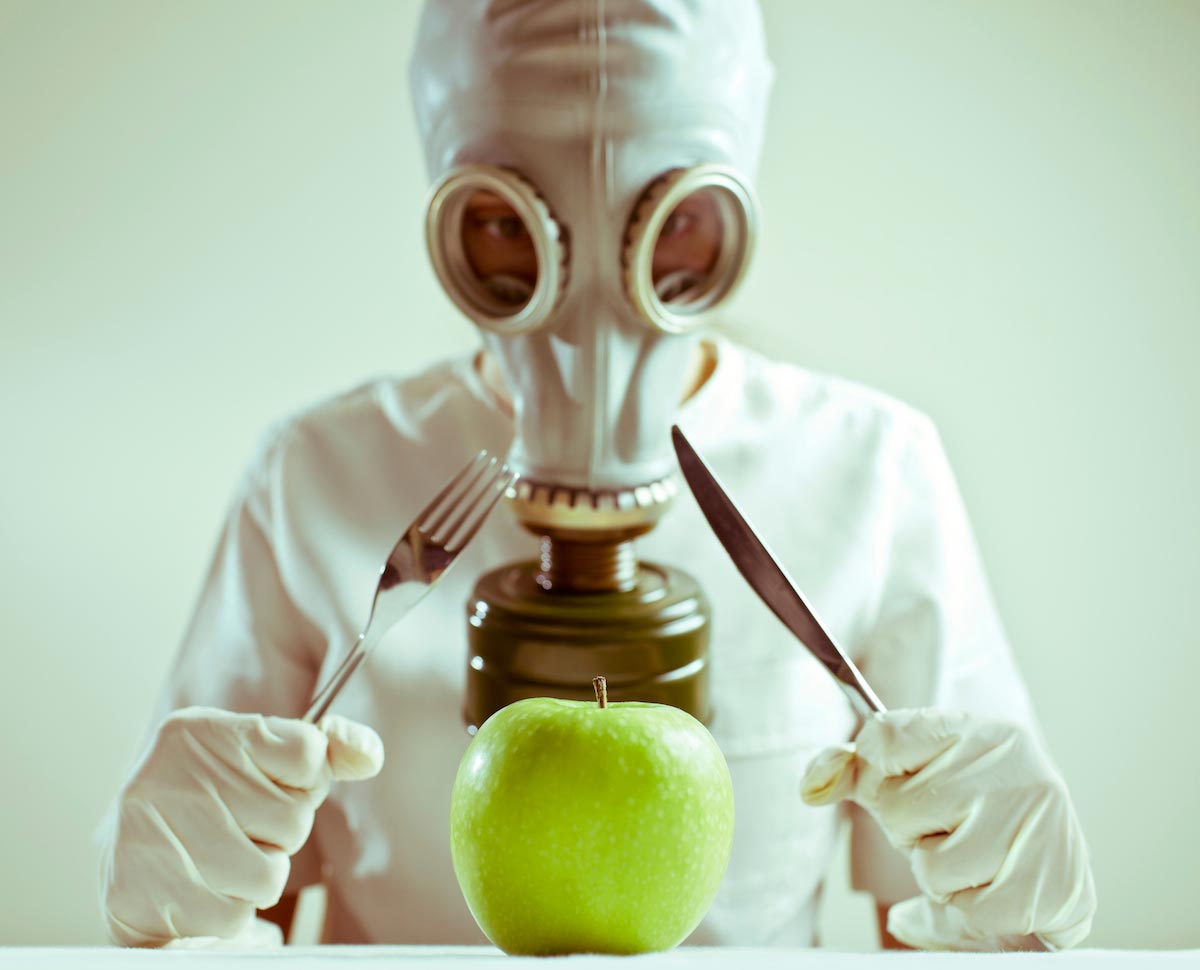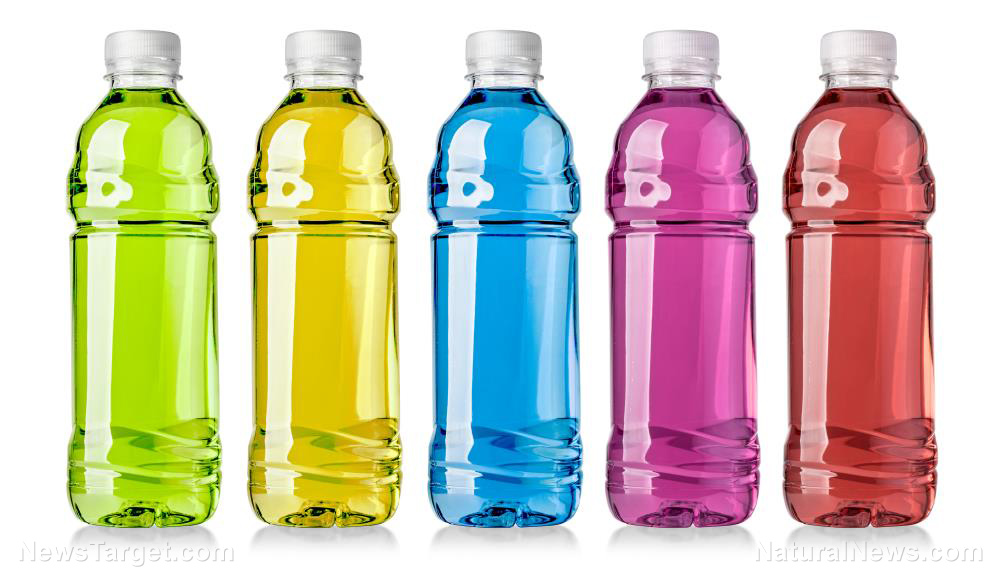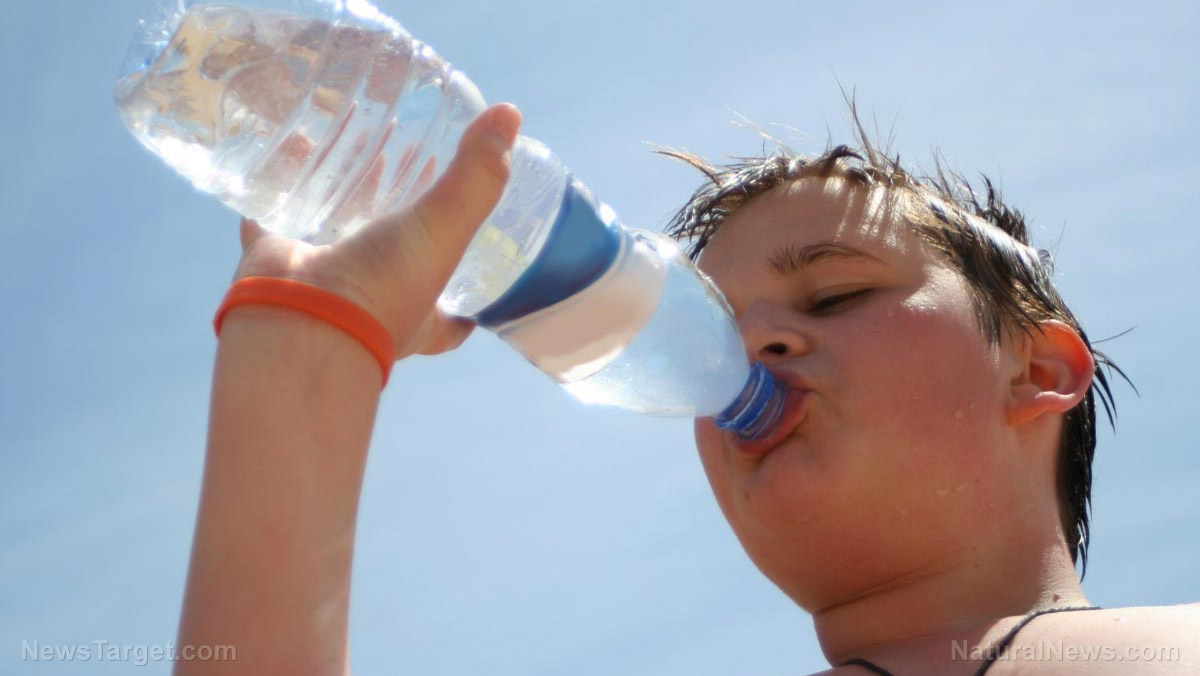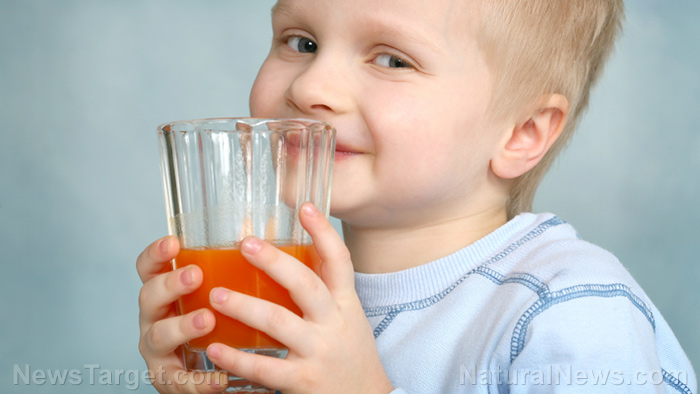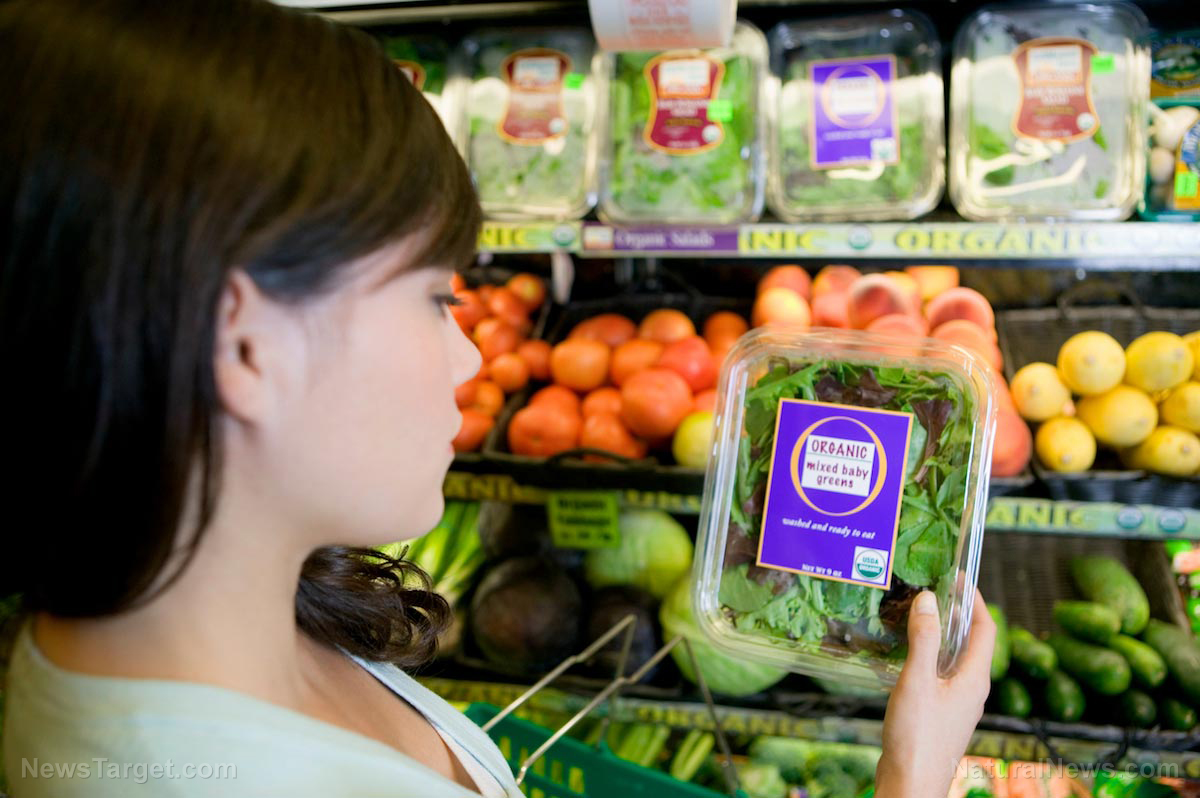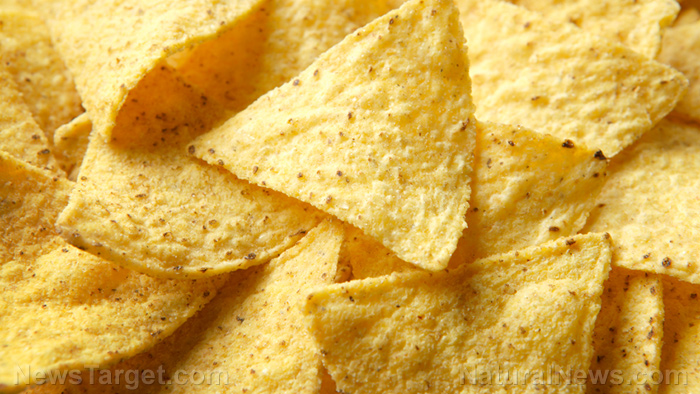Sugar is NOT a harmless indulgence: Juice and soda put children at risk for obesity and chronic health conditions such as asthma
09/27/2018 / By Ralph Flores
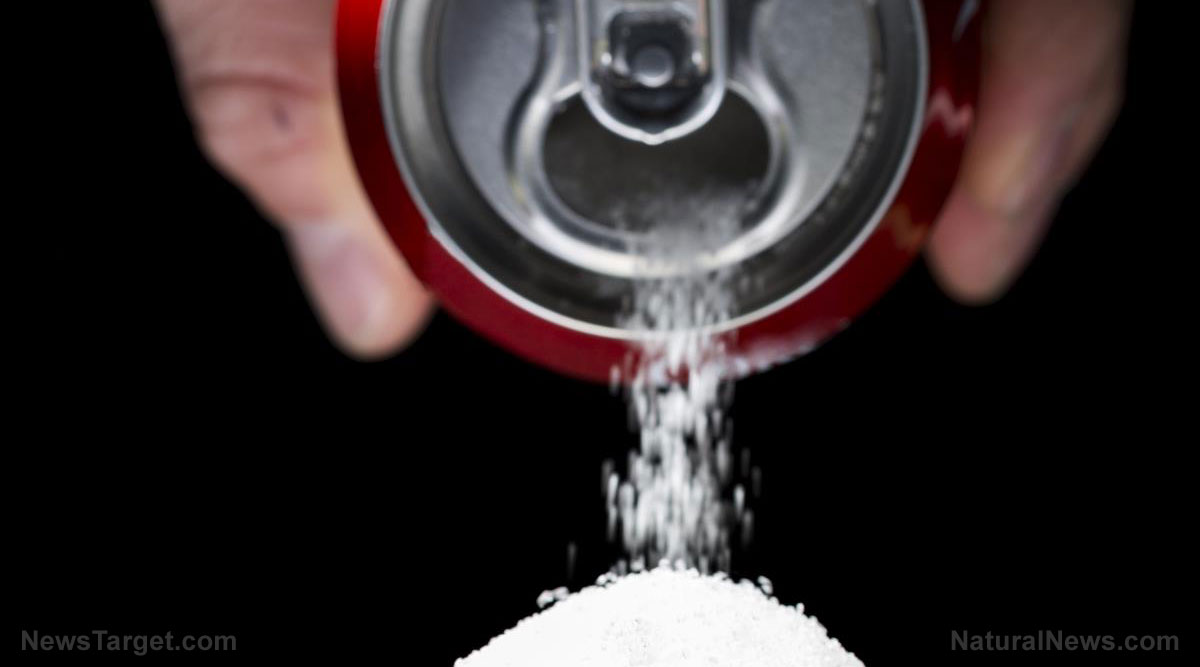
Children are more likely to develop asthma if they drink juices sweetened with sugar and high fructose corn syrup or if their mothers consumed the same kinds of beverages during pregnancy, according to a study conducted by researchers from Harvard University.
The research team noted that children whose diets contained the most amount of total fructose have an increased risk of developing asthma than children who rarely or never have sugary drinks. In addition to this, women who drank soda or drinks with added sugars during pregnancy were more likely to have a child diagnosed with asthma by mid-childhood.
The findings serve as a cautionary tale about the dangers of sugar-laced diets, and experts caution pregnant women to avoid sugars during pregnancy or risk getting gestational diabetes.
To determine the link between childhood asthma and sugar-sweetened drinks, researchers analyzed information about the dietary habits of 1,068 mother-child pairs and gathered information regarding the child’s health, particularly if they had been diagnosed with asthma by ages seven to nine.
The information gathered was used to check the association between childhood asthma, soft drinks, and other sugar-sweetened beverages. Researchers explained this link had been explored in earlier studies: Drinks with added sugars lead to obesity which leads to asthma.
After evaluating the results of the data and filtering other factors that also may influence the likelihood of asthma (like maternal obesity, for one), the team discovered that women who drank the most amounts of soda and sugary beverages while they were pregnant were 70 percent more likely to have a child with asthma by mid-childhood than those who didn’t drink these types of beverages. Additionally, fructose is also a factor for asthma development – women who had the most fructose during pregnancy had a 58-percent likelihood of having a kid with asthma as well.
The effects of added-sugar beverages for children run through a similar vein. Children who consumed the most amount of total fructose in their early childhood had a 79-percent likelihood of developing asthma over those who rarely had fructose. As for children who are overweight or obese, the ones who drank the most fructose were exposed to a similar risk – they were 77 percent more likely to have asthma.
The study, which was published in the Annals of the American Thoracic Society, identified that mothers who drank more sugary beverages were reportedly heavier, had less income, and received less education than those who avoided sodas. However, the link between childhood asthma and sugary drinks were still discovered, even after these factors were considered.
“In addition to influencing asthma through increasing the risk of obesity, we found that sugary beverages and high fructose may influence the risk of asthma not entirely through obesity,” study co-author Sheryl Rifas-Shiman explained. “This finding suggests that there are additional mechanisms by which sugary beverages and fructose influence asthma risks beyond their effects on obesity.”
While the study was not able to determine how exactly sugary drinks trigger asthma, researchers opined that the beverages increase inflammation, which impedes lung development.
Fast facts about asthma
Asthma is a condition that affects the lungs. When a person experiences asthma, he has episodes wherein wheezing, breathlessness, and tightening of the chest are noted. Most attacks are the results of triggers that differ from each person. Most common triggers are mites, outdoor air pollution, cockroaches, pets, mold, and smoke inhalation from burning wood or grass. (Related: Asthma attacks cut in half by vitamin D supplements, study finds.)
The Centers for Disease Control and Prevention (CDC) estimate that at least 8.4 percent of children in the U.S. are affected by asthma.
Sources include:
Tagged Under: added sugars, asthma, childhood asthma, disease causes, high-fructose corn syrup, obesity, overweight, soda, soft drink, sugar, sugary drinks, sweetners



